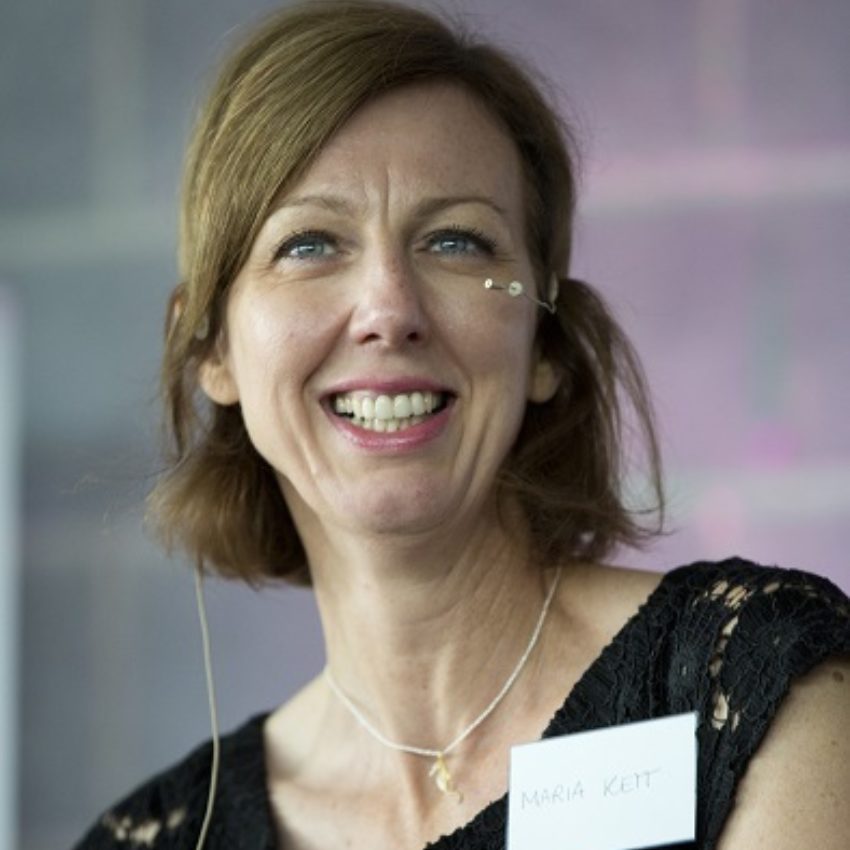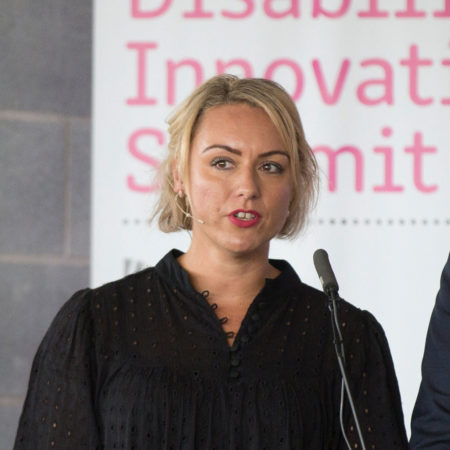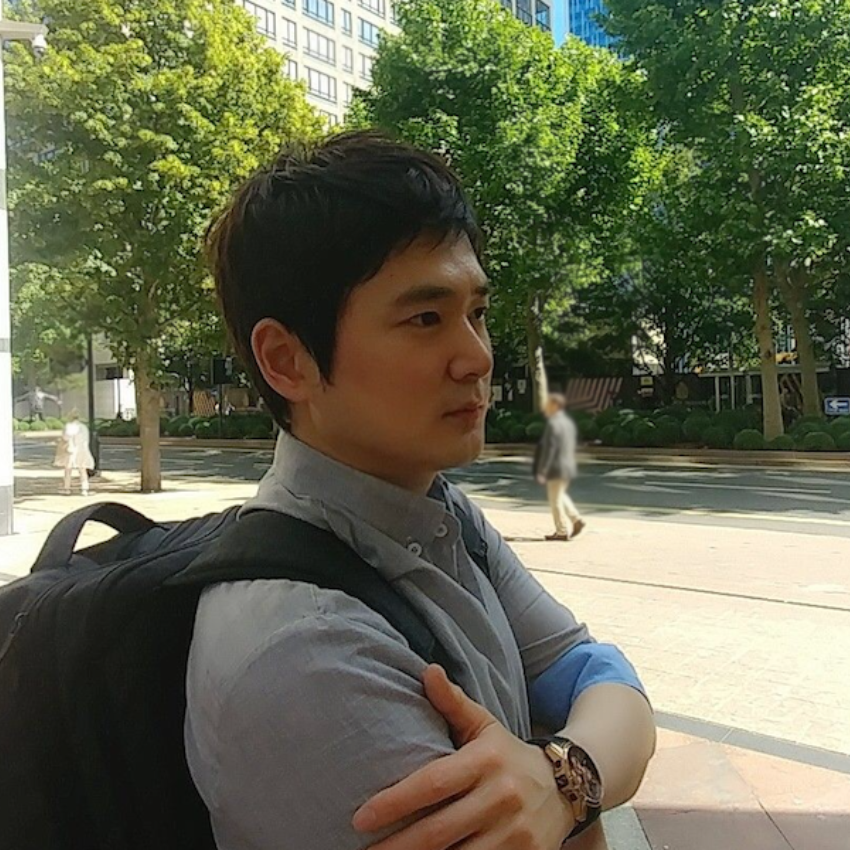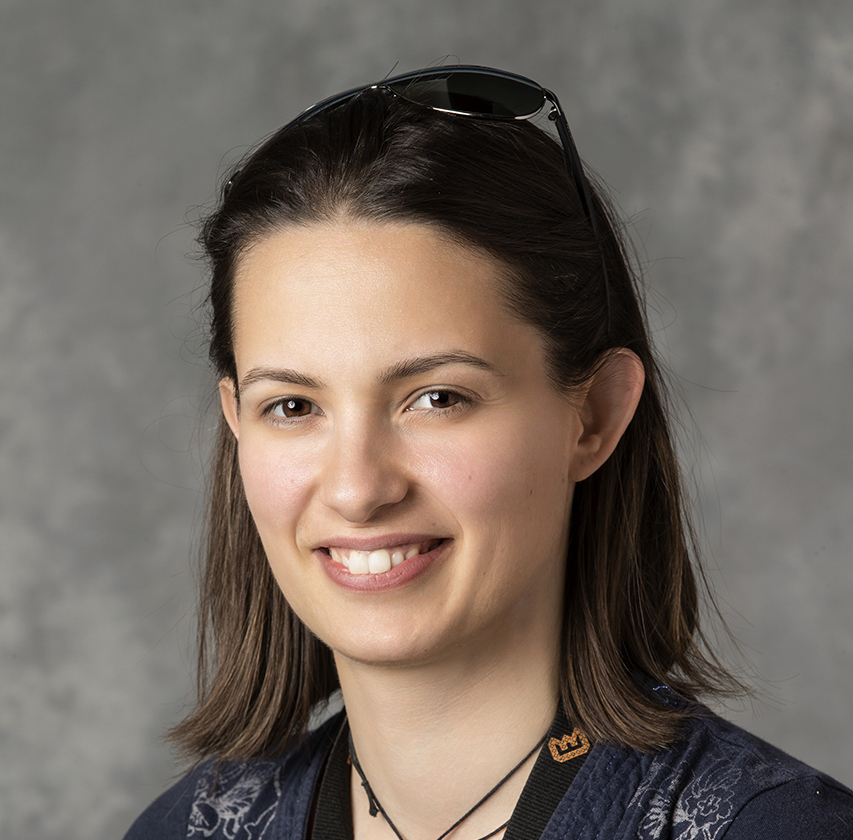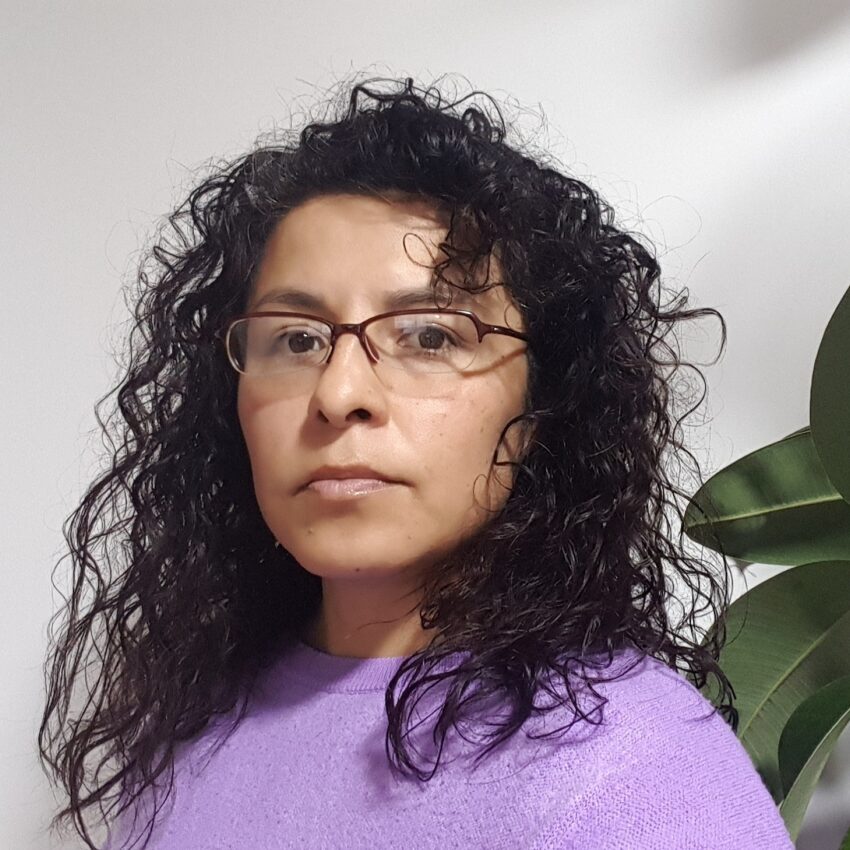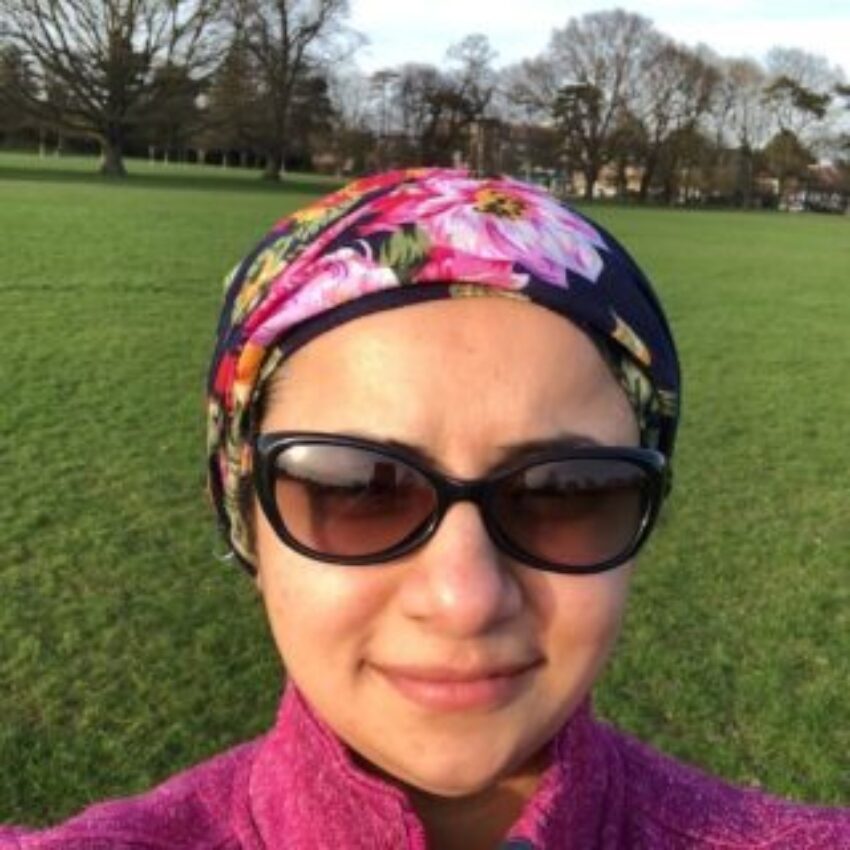Improving data and evidence to unlock investment into AT.
Improving data and evidence to unlock investment into AT.
Active Projects
- What Works – This project pulls together learning from across AT2030 to address the question ‘What Works to improve access to AT’.
- Impact stories and community collaboration – This project takes a multifaceted approach to understanding the impact of AT — (1) The impact of AT on disabled people’s lives, (2) The impact disabled people can create when they have access to AT. We will do this by critically analysing the existing tools and literature and develop tools to measure the impact of AT on the overall quality of life and self-advocacy skills of disabled people in LMIC.
- Mobile screening tool – We are developing a mobile app that can be used in population based surveys, particularly in Low and Middle Income Settings, to estimate the prevalence of functional impairments. It will provide data on people’s vision, hearing, mobility, communication, cognition, self-care, mental health, and the need for related services and assistive products (AP). This will make it easier to screen for AP needs and connect people to provision where needed.
- AT2030 insights portal – Our portal is primarily for policymakers, regulators and funders. It combines population health data sets with intuitive information retrieval processes that make the data more accessible and meaningful, to enable policy makers and funders to identify trends and gaps. Our approach involves developing an interactive story telling agent that takes large datasets from the AT (assistive technology) field and turns them into easily digestible responses to natural language queries e.g. how much a particular government spent on hearing aids last year. This will support direction setting and future investment by policy makers and funders, to help scale AT provision and fill gaps in provision.
- Improving sparse data – Population level data concerning people with disabilities is sparse and disparate, but there is more that can be done to make it more useful. This project will use advanced data modelling techniques to create more comprehensive and relevant national data about disabled people and their needs, without the need for individual tracking. It will create tools which can predict the needs of disabled people across different settings, help policy makers plan for expected demand as populations age, and make practitioner interventions more informed and evidence-based.
- Systematic reviews and influencing papers – Systematic reviews of existing literature alongside short papers to help inform investment into assistive technology.
Completed Projects
- Leading the research on reimagining value, impact, and return on investment
- Gathering evidence to measure progress
- Developing an Economics of AT framework methodology
- Understand the factors driving discrimination and stigma
- Support the World Health Organization’s first Global Report on Assistive Technology
- Develop a scoping study on Assistive Technology in Humanitarian Contexts (Jordan and Bangladesh)
- Document lessons learnt from the multi-country rapid Assistive Technology (rATA) survey
- Complete a rapid Scoping Review of AT provision and Guidelines led by GAATO
Sub-Programmes
- SP 1: Research, Evidence and Impact: Led by GDI Hub at UCL. Framing the economics of AT around a mission-led approach; developing a return on investment framework and researching what works to overcome stigma as well as focusing on the support to the development of the Global Report on Assistive Technology, evidence of local production systems for AT in LMICs, the exploration of early child mobility in LMIC and the development of a series of virtual live labs. Partners include: IIPP, All Institute, Leonard Cheshire Disability, WHO, ISPO, LSHTM, CBM International, GAATO
- SP2: Research, Evidence and Promotion: Led by GDI Hub at UCL focusing on pulling together learning from across AT2030 to address the question ‘What Works to improve access to AT’.
Latest
-
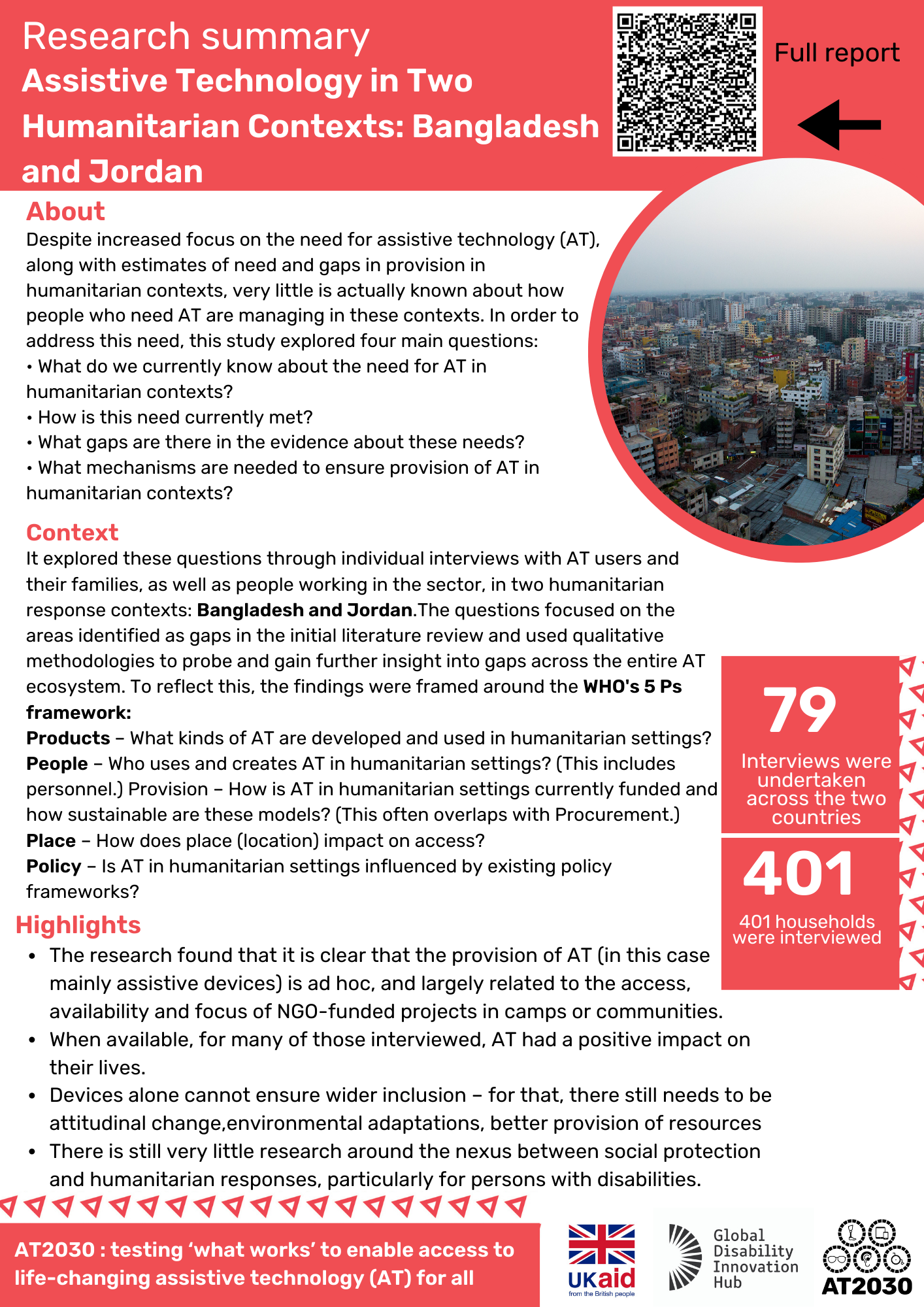
Assistive Technology in Two Humanitarian Contexts: Bangladesh and Jordan
Global Disability Innovation HubJuly 26, 2023Bangladesh, JordanResearch SummariesDespite increased focus on the need for assistive technology (AT), very little is actually known about how people who need AT are managing in humanitarian contexts. This research found that the provision of AT (in this case mainly assistive devices) is ad hoc, and largely related to the access, availability and focus of NGO-funded projects in camps or communities.
-

Global Disability Innovation Hub becomes the worlds first WHO Collaborating Centre on Assistive Technology
Global Disability Innovation Hub, Global Cooperation on Assistive TechnologyMarch 15, 2021GlobalThe Global Disability Innovation Hub (GDI Hub), based at UCL, is the first organisation to be awarded the status of World Health Organisation (WHO) Official Collaborating Centre on Assistive Technology (AT). Led by GDI Hub’s Academic Director, Professor Cathy Holloway, the WHO Collaborating Centre will focus on driving global disability innovation to work towards a fairer world through access to assistive and accessible technology.
People
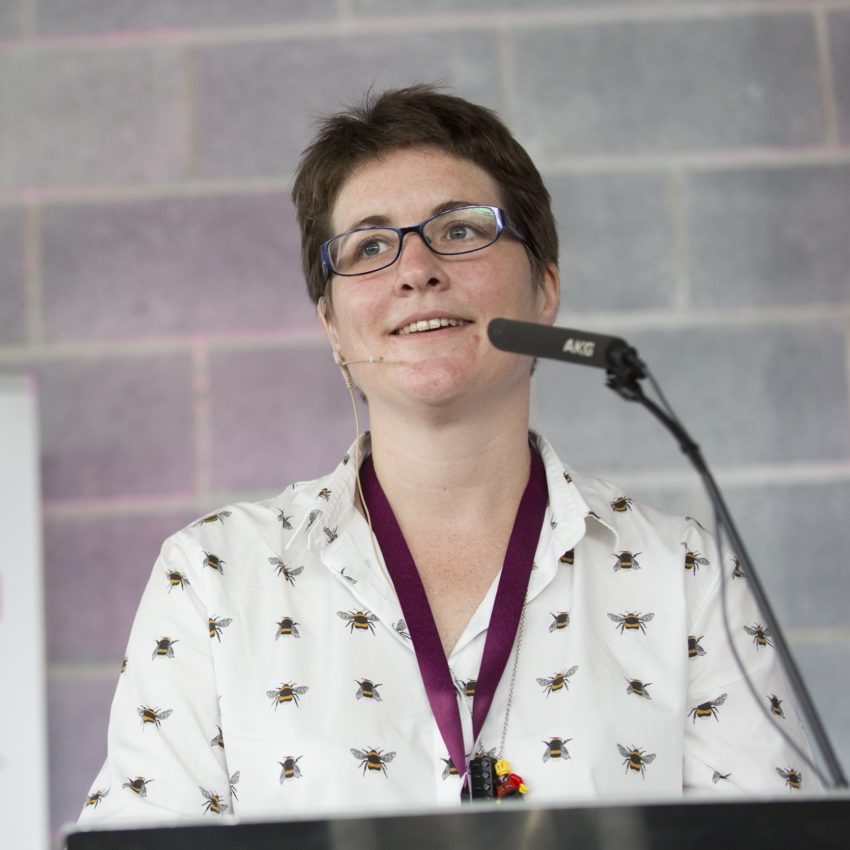
Catherine Holloway
